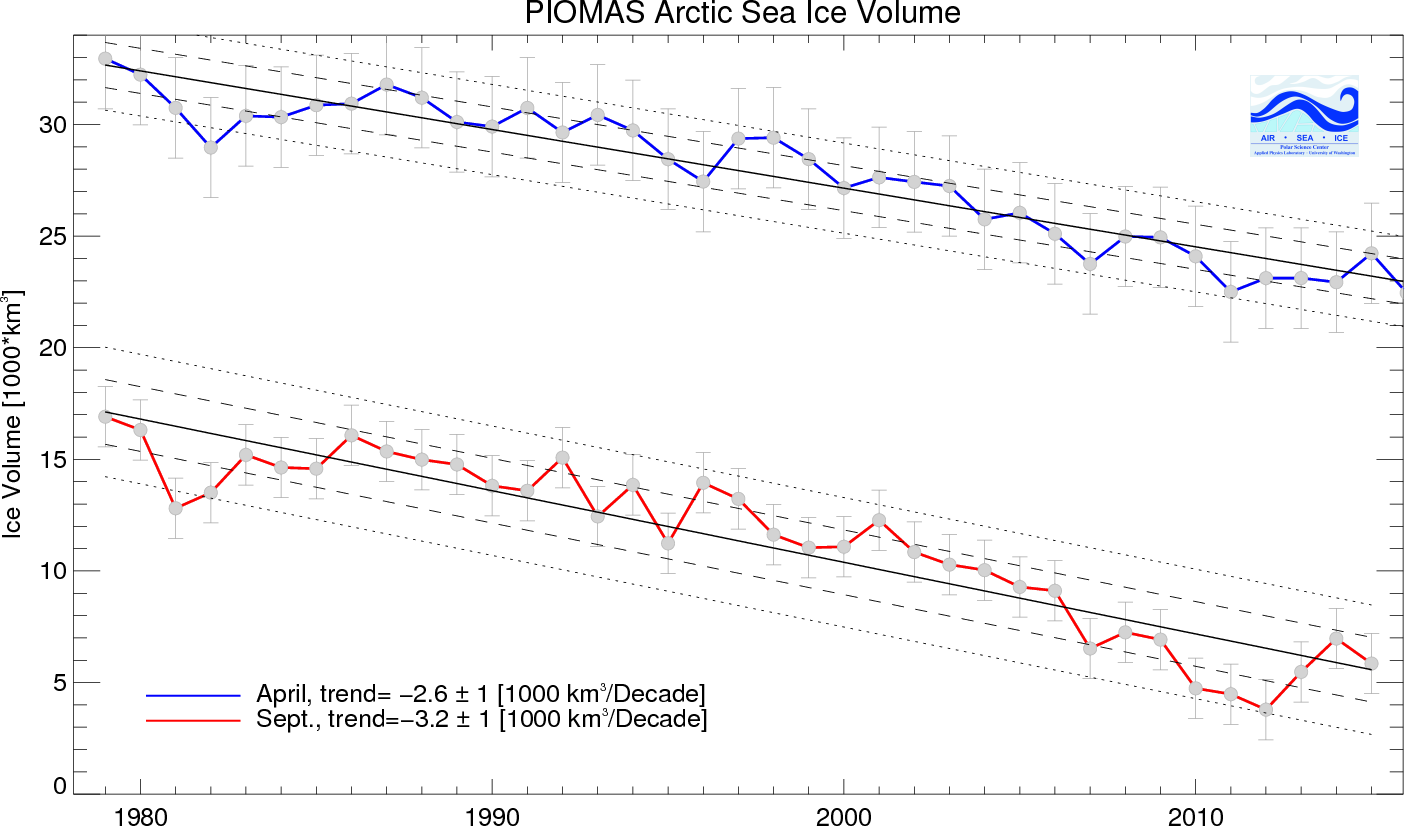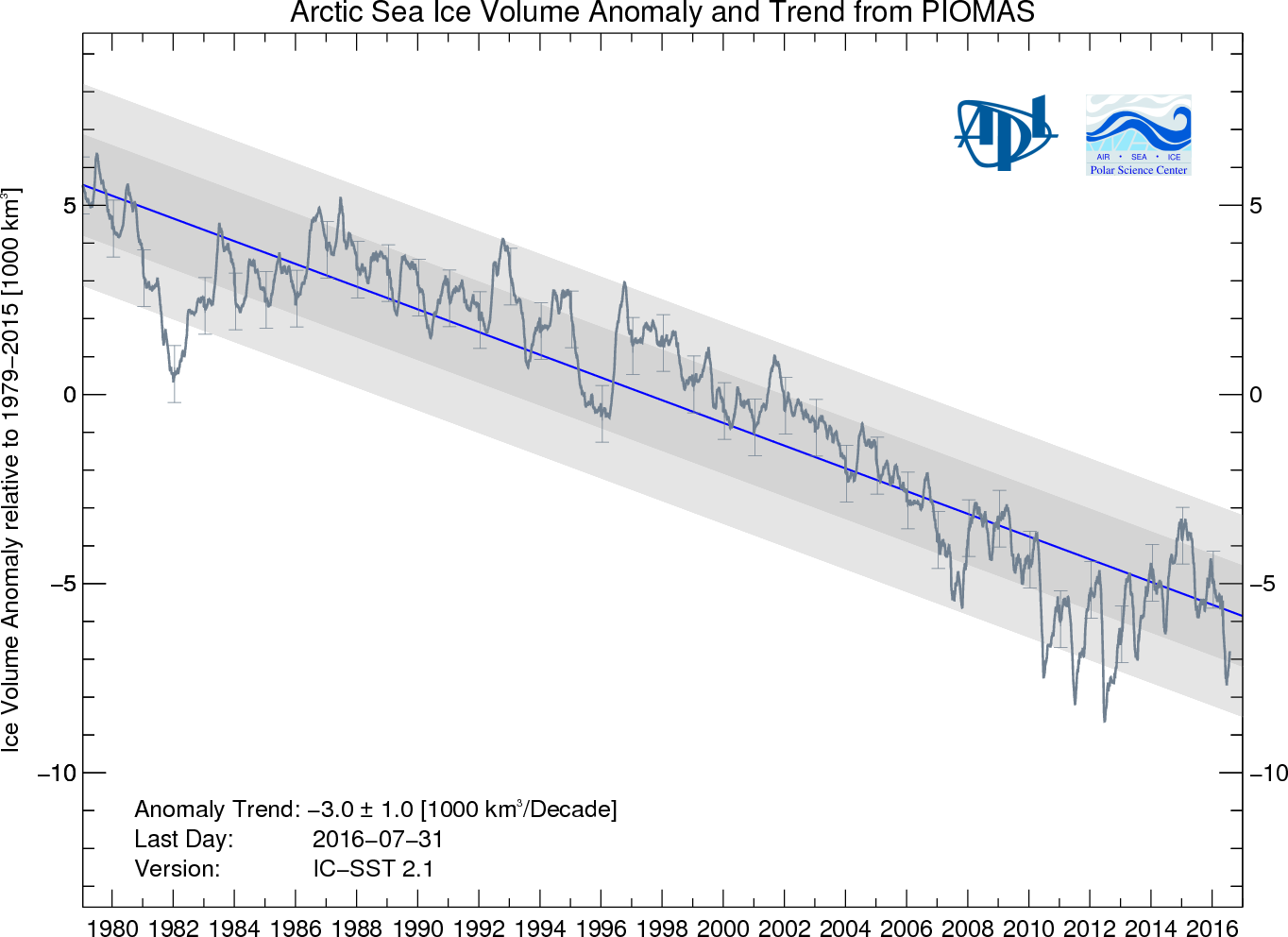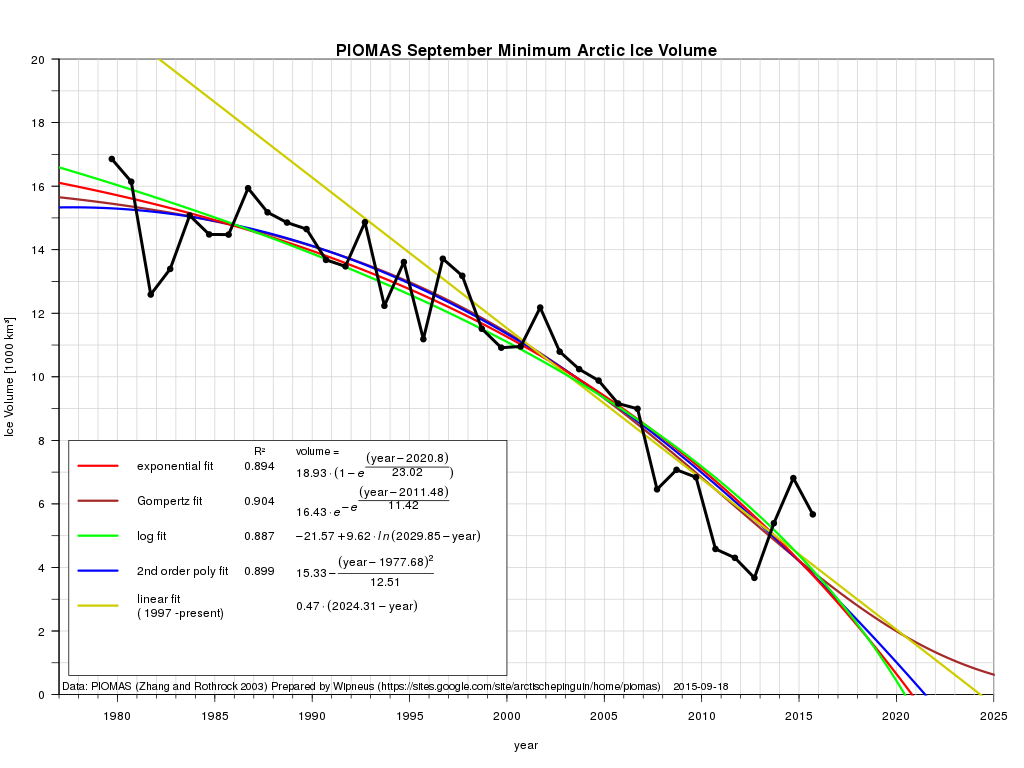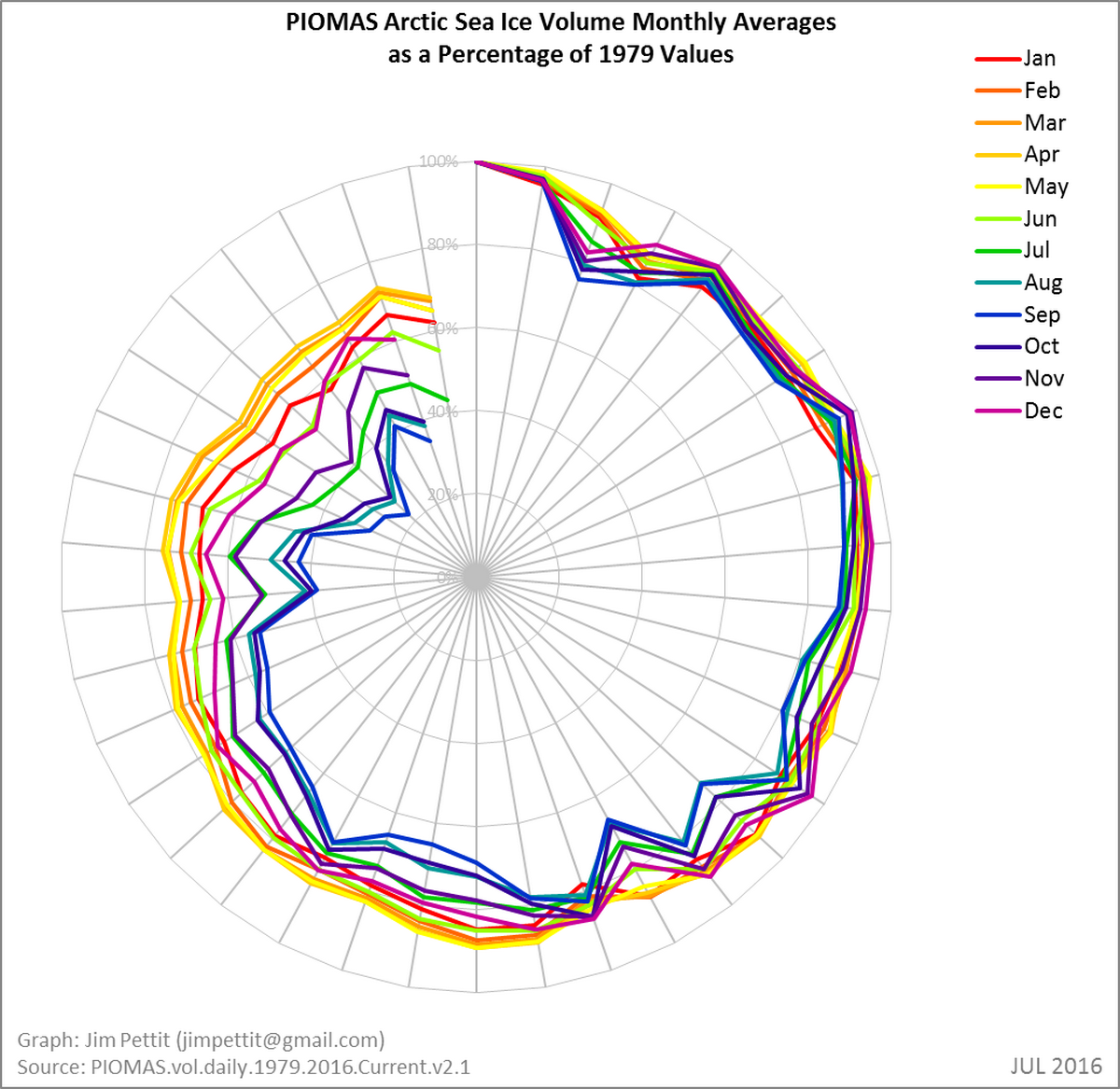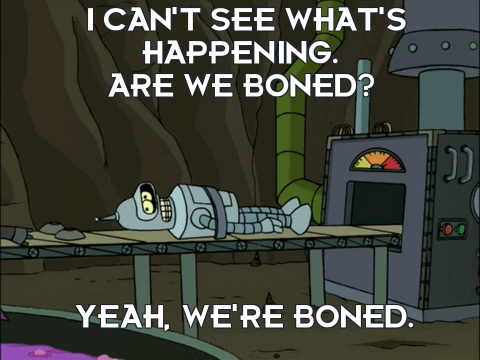If that happens then we are all fucked, rather quickly.
The earth has been warmer in the past without instantaneous methane release from hydrates.
Last major study on the subject I read on and saw was from 2014 that largely said that if there is going to be arctic release of methane in the from of hydrates and permafrost, it's going to be a gradual slow release, not an instantaneous explosion.
There was even an AMA months back with a climatologist talking about Paris and other subjects, and of course someone brought the hydrate theory up because it's a really hot topic with the doom and gloom crowd of climate change people. The person said that he wouldn't be concerned with it in the short term (think within this century), but however he is far more interested in permafrost thaw, which is actually happening and will continue to happen.
Because the idea is, if we prevent ourselves from crossing 2.0C, natural factors and feedback loops will still continue. So even if we prevent ourselves from crossing it in 2080 and stay at 1.8C or something, by 2030 permafrost could had .2C to our running total.
But that's another story and topic.
Basically, don't really worry about the entire hydrate and methane stuff, because if we're at the point where we are at great risk of a major release, we've clearly done nothing to prevent it in the previous half century or so, which at that point the world would be on RCP 8.5 trends and it's already pretty much gone.
As opposed to the mega-droughts and long range consequences of global warming? I'm also not sure where the all the optimistic scientists/predictions are about how our current trajectory will prevent temperature warming beyond 1.5/2.0 degrees Celsius. Even if we literally had zero emissions tomorrow, we would still have enough carbon in the atmosphere to reach 2.0+. Solar radiation management is a necessary tool to help delay the impacts (particularly run-away warming triggers) until we successfully transition over the next half-century.
Uhh, if he halted all emission tomorrow we would definitely not hit 2.0C this century. You may be confusing the subject of negative emissions and studies saying that even with major reductions in emissions we would need some portion of carbon sequestration to prevent 2.0C, unless I missed something recently.

